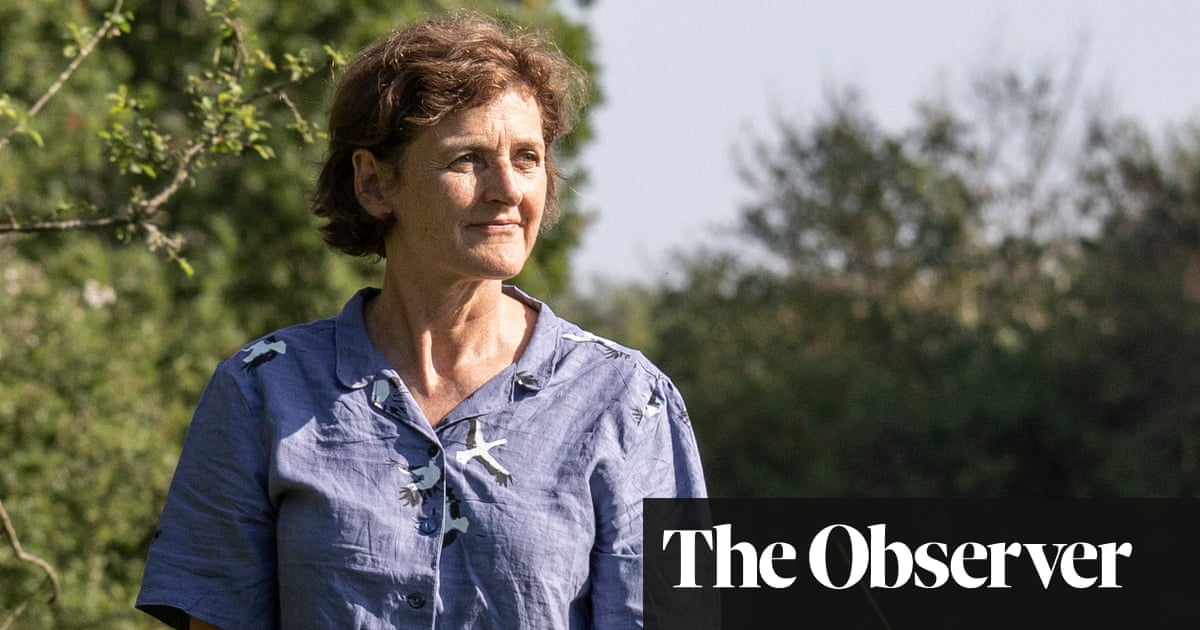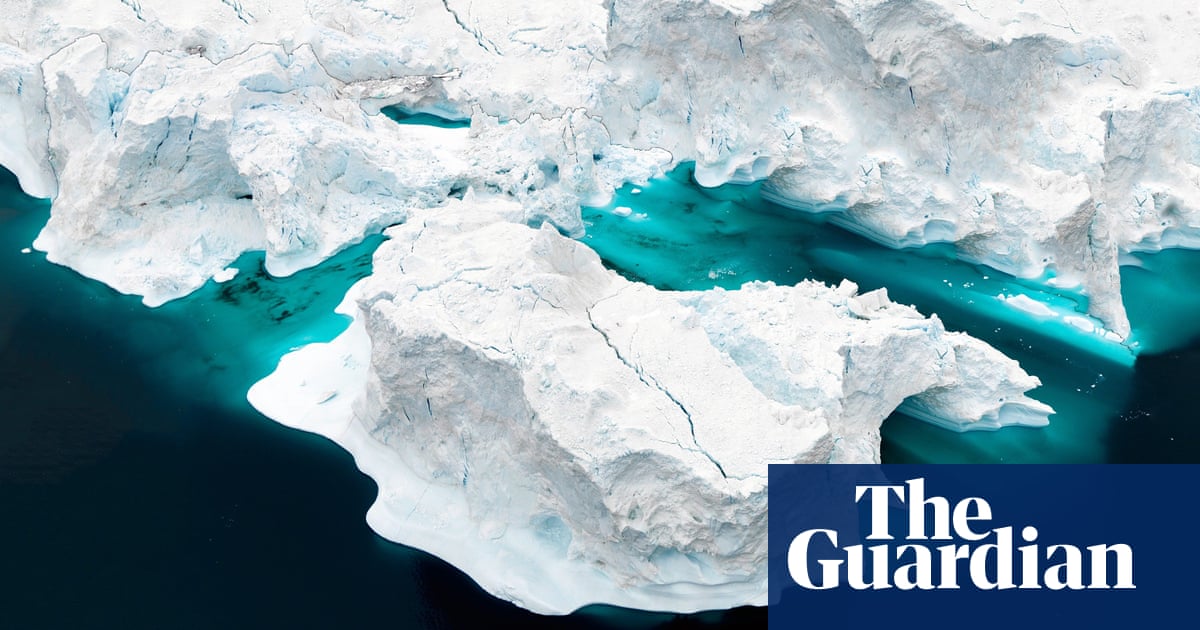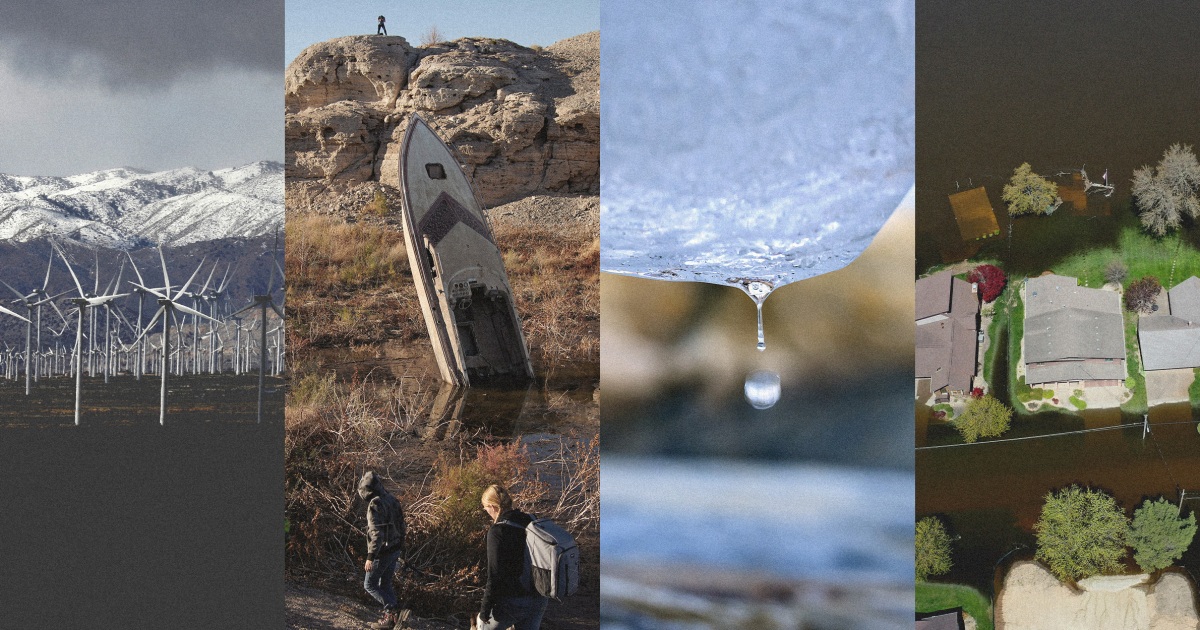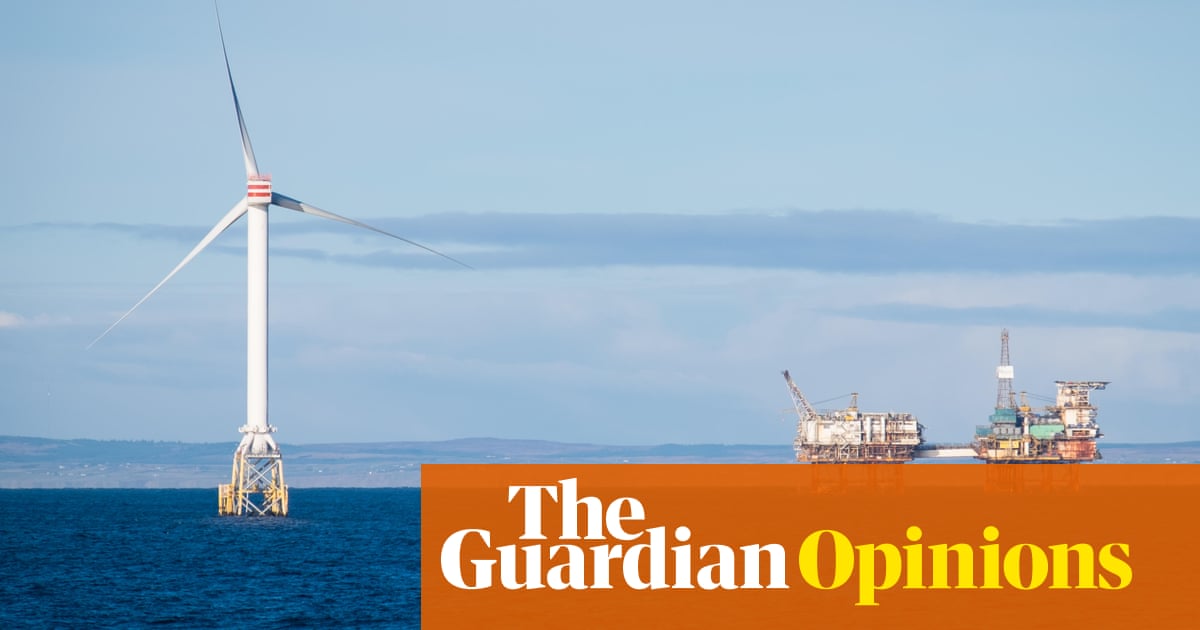The trend is clear: the planet is warming.
The first days of February 2024 have proven to be the hottest on record since 1940.
Get ready for a new hottest February month on record.
Also the ESA Earth Observation Department is worried for the trend of the Global Temperature Deviation at the beginning of February.
Our planet keeps breaking records and is warming!
This situation is really WORRISOME, so don't look up this post.
Last edited:












